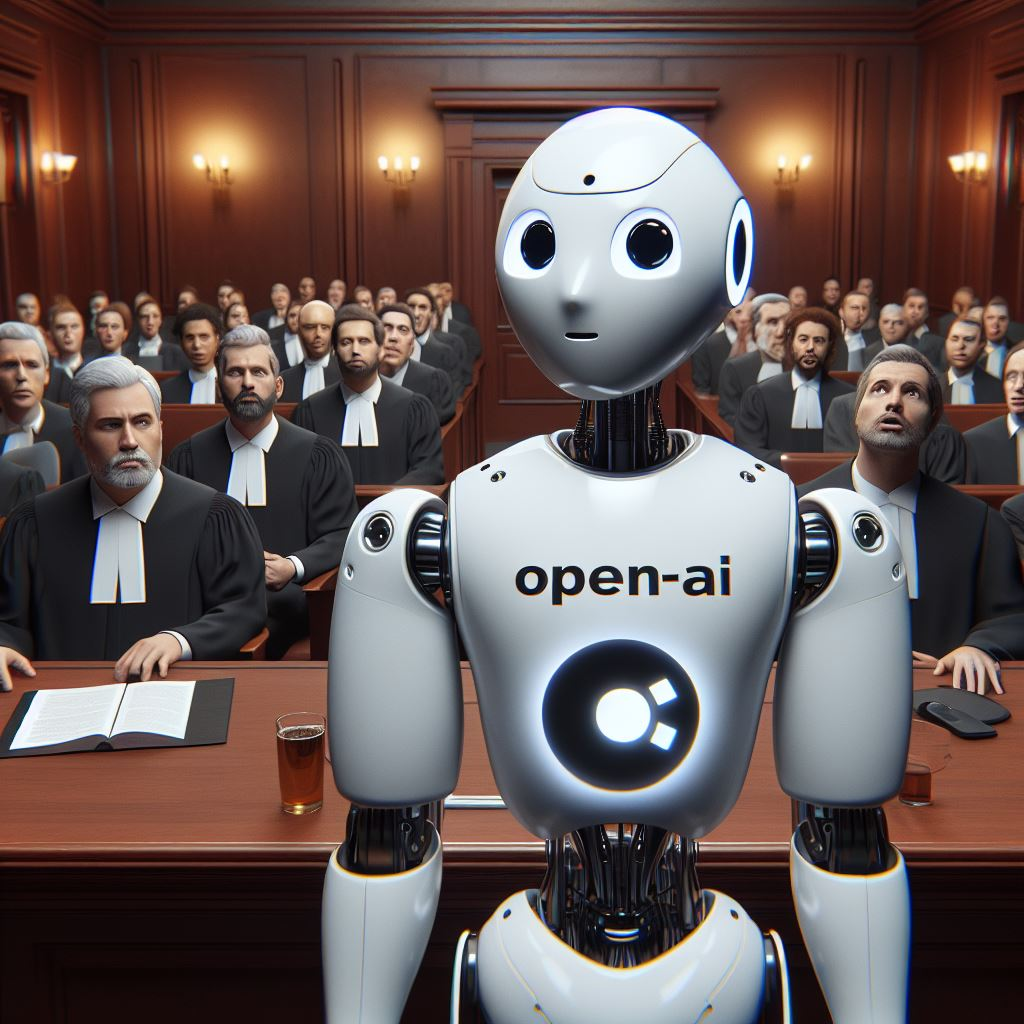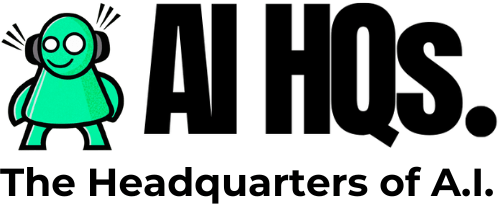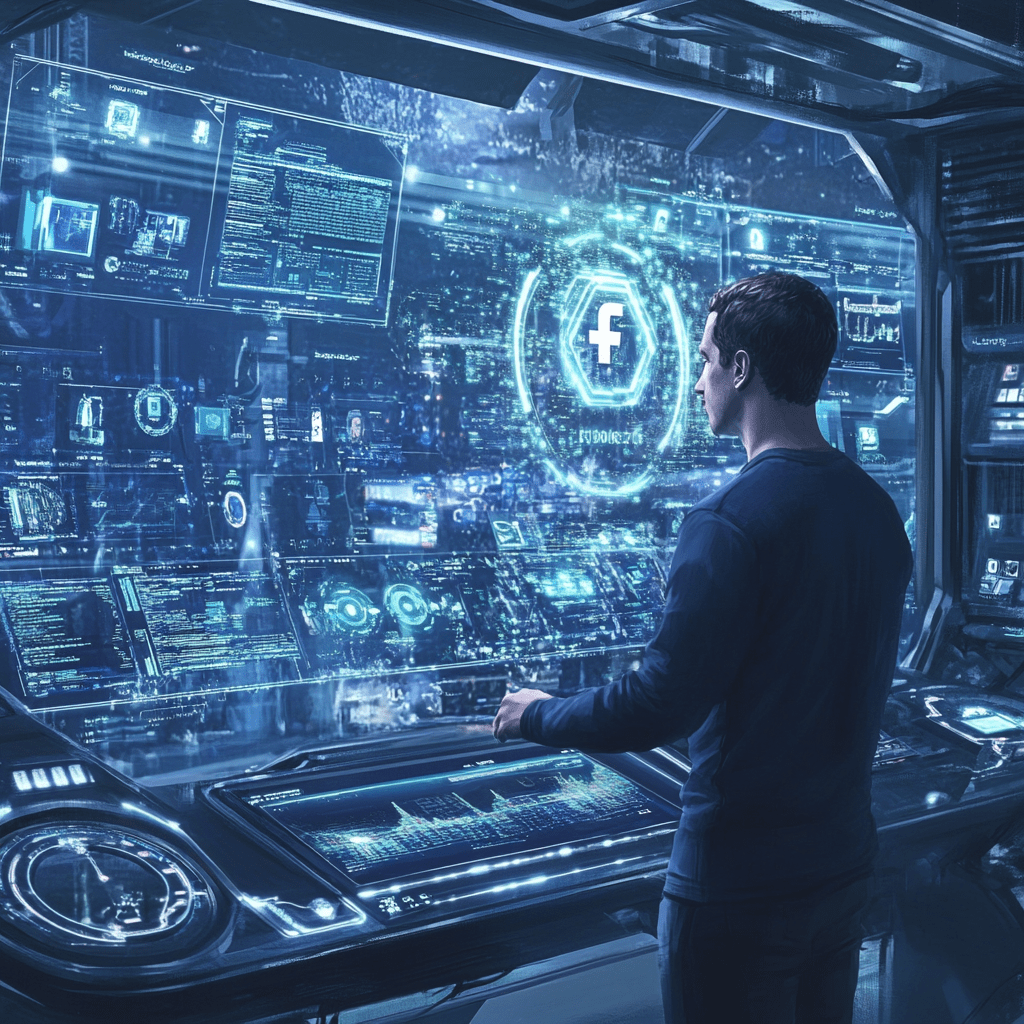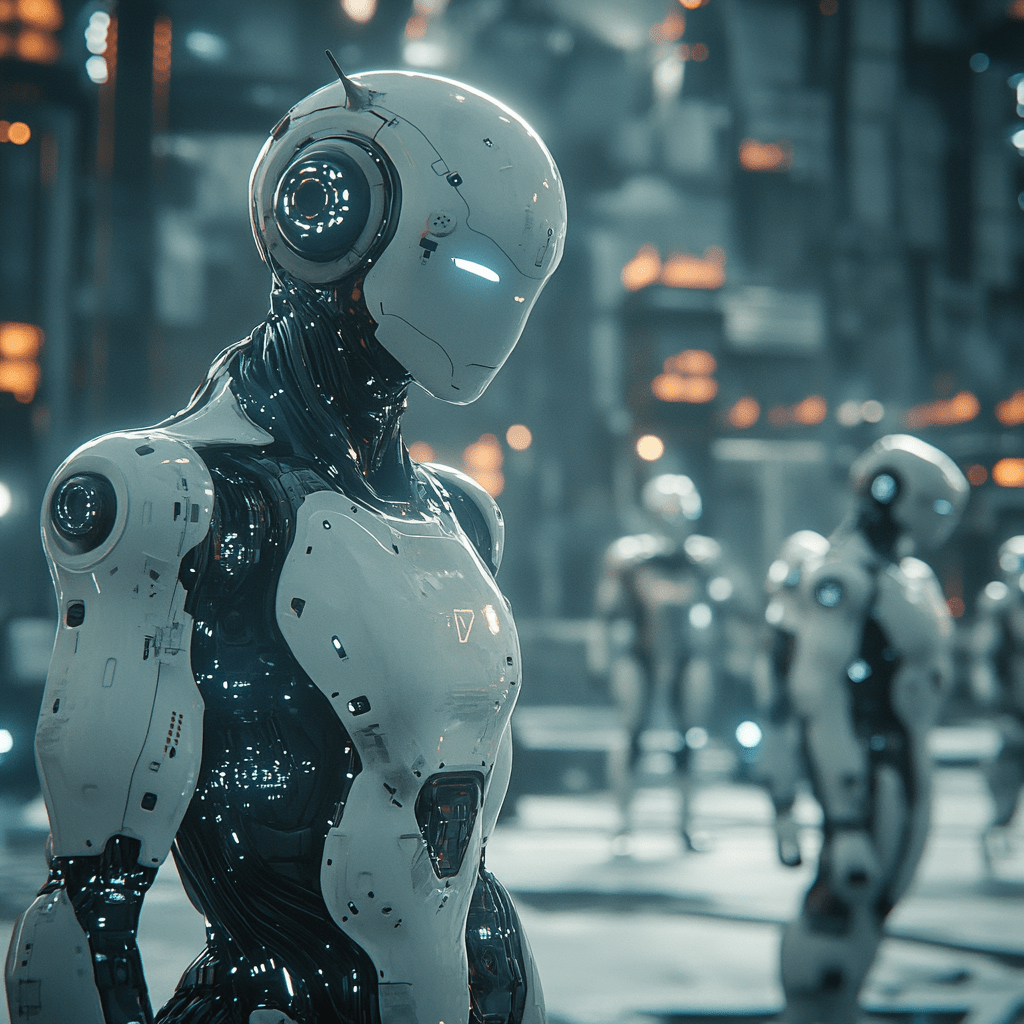Elon Musk Sues OpenAI Over AI Mission
In the fast-paced world of technology and artificial intelligence, conflicts are inevitable, and the recent legal battle between Elon Musk and OpenAI stands as a testament to this reality. Musk, known for his ventures in space exploration, electric vehicles, and AI, has taken aim at OpenAI and its CEO, Sam Altman, alleging breaches of contract and a departure from the company’s original mission of advancing AI for the betterment of humanity.

The crux of Musk’s lawsuit revolves around OpenAI’s alleged shift towards profit-driven motives, particularly in light of its multibillion-dollar alliance with tech giant Microsoft. Musk contends that this partnership has veered away from the promise of making AI breakthroughs freely available to the public. Instead, he claims, OpenAI is now focused on proprietary technologies geared towards maximising profits for Microsoft.
This legal saga unveils a complex web of alliances and disagreements within the tech industry. Musk, a co-founder of OpenAI in 2015, asserts that he was led to believe in the organisation’s non-profit ethos, having donated a significant sum to the cause. However, his departure from OpenAI’s board in 2018 signalled a divergence in vision, particularly concerning the direction of AI research.
Central to Musk’s argument is OpenAI’s development of advanced AI models, such as GPT4, which he argues have breached the threshold for artificial general intelligence (AGI). AGI, the point at which computers attain or surpass human-level intelligence, is a concept fraught with ethical and existential implications. Musk’s lawsuit seeks to compel OpenAI to adhere to its founding principles of making AI technology publicly available, rather than catering solely to individual interests and corporate partnerships.
The release of redacted emails by OpenAI provides a glimpse into the internal dynamics of the organisation and its founders’ discussions. Contrary to Musk’s claims, these emails suggest that he was not rigidly opposed to profit-oriented strategies within OpenAI. Musk himself proposed ideas such as folding OpenAI into Tesla to leverage additional resources, indicating a willingness to explore alternative paths for the organisation’s growth.
Moreover, the emails shed light on the broader context of the tech landscape, with discussions revolving around the power dynamics among industry giants like Google and Facebook. While OpenAI’s mission ostensibly revolves around advancing AGI, the founders appear equally preoccupied with concerns about the growing influence of tech behemoths.
The rift between Musk and his former colleagues underscores the complexities inherent in the pursuit of AI development. Despite shared ambitions to push the boundaries of technology, divergent ideologies and competing interests have led to a bitter legal showdown. Musk’s own ventures, including his AI company xAI, further illustrate the competitive dynamics at play within the industry.
As the legal proceedings unfold, the implications extend beyond the courtroom. The Microsoft-OpenAI alliance, subject to scrutiny by competition watchdogs, underscores the broader regulatory challenges posed by tech consolidation. Additionally, the Securities and Exchange Commission’s investigation into OpenAI’s conduct highlights the regulatory gray areas surrounding AI research and investment.
Amidst the legal wrangling and regulatory scrutiny, questions linger about the future trajectory of AI development and its societal impact. The promise of AGI holds immense potential for innovation and progress, yet it also raises profound ethical dilemmas and existential risks. As stakeholders navigate these complexities, the outcome of Musk’s lawsuit against OpenAI may serve as a pivotal moment in shaping the future of AI governance and accountability.
At its core, the dispute raises fundamental questions about the ethical and moral responsibilities of AI developers and researchers. As AI technologies continue to advance at a rapid pace, the need for robust ethical frameworks and regulatory oversight becomes increasingly imperative. The case of OpenAI underscores the challenges inherent in balancing innovation with ethical considerations, particularly when corporate interests and profit motives come into play.
Furthermore, the lawsuit highlights the evolving landscape of AI governance and accountability. As AI systems become increasingly pervasive in various sectors, ranging from healthcare to finance and beyond, ensuring transparency, fairness, and accountability in their development and deployment is paramount. Musk’s legal action against OpenAI serves as a stark reminder of the potential risks posed by unchecked AI development and the importance of proactive regulation to mitigate these risks.
Moreover, the outcome of the legal battle may have far-reaching implications for the future of collaboration and competition within the AI industry. The tension between Musk and his former colleagues at OpenAI reflects broader dynamics of competition and rivalry among tech titans vying for dominance in the AI space. As AI becomes a key driver of economic growth and technological innovation, the stakes of this competition are higher than ever, with implications for market dynamics, innovation ecosystems, and global geopolitics.
In addition to legal and regulatory considerations, the case underscores the ethical dimensions of AI development, particularly concerning issues such as algorithmic bias, privacy violations, and the potential for AI to exacerbate existing societal inequalities. Musk’s insistence on the ethical imperative of AI development resonates with broader calls for responsible AI practices and the need to ensure that AI technologies serve the collective good rather than narrow corporate interests.
Ultimately, the legal battle between Elon Musk and OpenAI serves as a microcosm of larger debates about the future of AI and its impact on society. As AI technologies continue to evolve and permeate every aspect of our lives, it is incumbent upon stakeholders across academia, industry, government, and civil society to come together to chart a path forward that maximises the benefits of AI while minimising its risks. Only through collaborative efforts and collective action can we ensure that AI remains a force for good in the world, advancing human progress and enhancing the well-being of all.
In closing, the clash between Elon Musk and OpenAI epitomises the tensions inherent in the pursuit of technological advancement. Beyond the legal intricacies, it reflects broader debates about the role of AI in society and the responsibilities of those shaping its trajectory. Whether it heralds a paradigm shift in AI governance remains to be seen, but one thing is certain: the stakes have never been higher in the quest to harness the power of artificial intelligence for the betterment of humanity.
for all my daily news and tips on AI, Emerging technologies at the intersection of humans, just sign up for my FREE newsletter at www.robotpigeon.be






